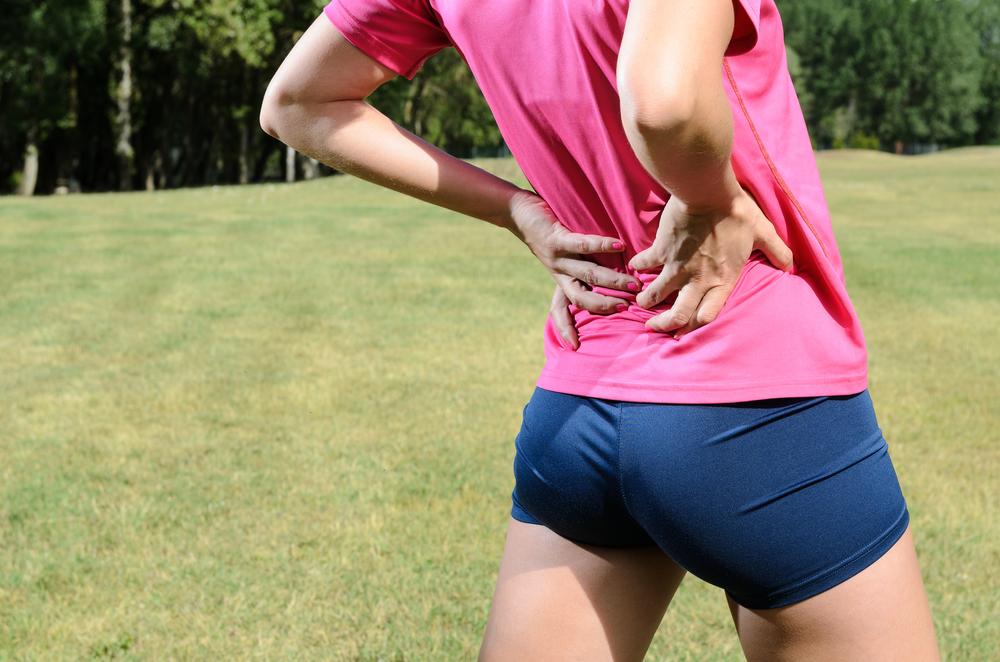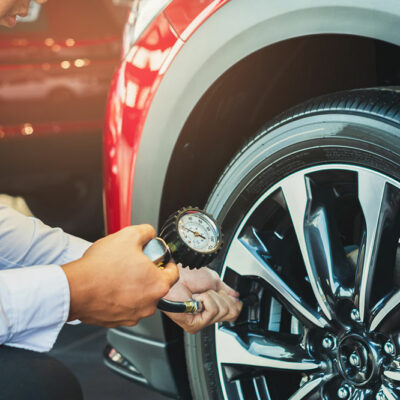
5 Early Symptoms of Osteoporosis
Bones are one of the most important in the body. The bone structure is porous and stores the minerals required by the body. As we grow older, we need to intake a lot of calcium and necessary minerals that make the bones strong even when our bones increase in density when we grow up. Our bodies undergo resorption, a process where our bones remodel and shape up by discarding old tissue and creating new ones. Lack of calcium leads to a condition called osteoporosis, one where the bones are too porous.
Symptoms of osteoporosis manifest in the following way:
1. Tooth and gum issues
The teeth are held up by the jaw, which is a part of the bone structure. If you notice that your teeth are getting loose and even falling out, your bone density might not be strong. The best way to tell this is through the x-rays performed by the dentist. When you go for a checkup, ask for the eray and then take them to a specialist who can examine and give the best way forward. Do not wait for the teeth to fall off. As soon as you notice some looseness, consult a doctor.
2. Experiencing decreased grip
This is probably one sign that you can tell first because you use your hand to do everything. Is opening a can or simply turning a doorknob becoming a painful exercise? Are your bones making sounds when you sit up from the floor? This is one sign that your bones are too porous or your body is running low on calcium. If you work at a desk or mostly at home, ensure that you get some sun for an intake of Vitamin D. Visit a doctor for better assessment.
3. Nails appear brittle and weak
There is one of the tell-alls for osteoporosis. Bones and the fingers are made from similar material i.e. disulphide bonds. While bones are made of collagen protein, nails are made from keratin. Weak nails are one clear show of weakened disulphide bonds. You need to make a better effort to eat more foods rich in calcium.
4. Body Disorders
Body disorders such as anorexia or amenorrhea (missing periods for more than three months consecutively) suffer from very low BMI and estrogen levels which in turn cause low bone density. While exercising is great for the body, overworking it can lead to reduced estrogen levels especially in women, which can end up causing osteoporosis.
Osteoporosis can affect anyone regardless of age and gender. Taking proper care of the body by stretching using exercises like yoga and ensuring a healthy intake of calcium can prevent the condition. Consulting with a doctor for a proper diagnosis can also help in knowing the extent of the damage and what to do about it.


